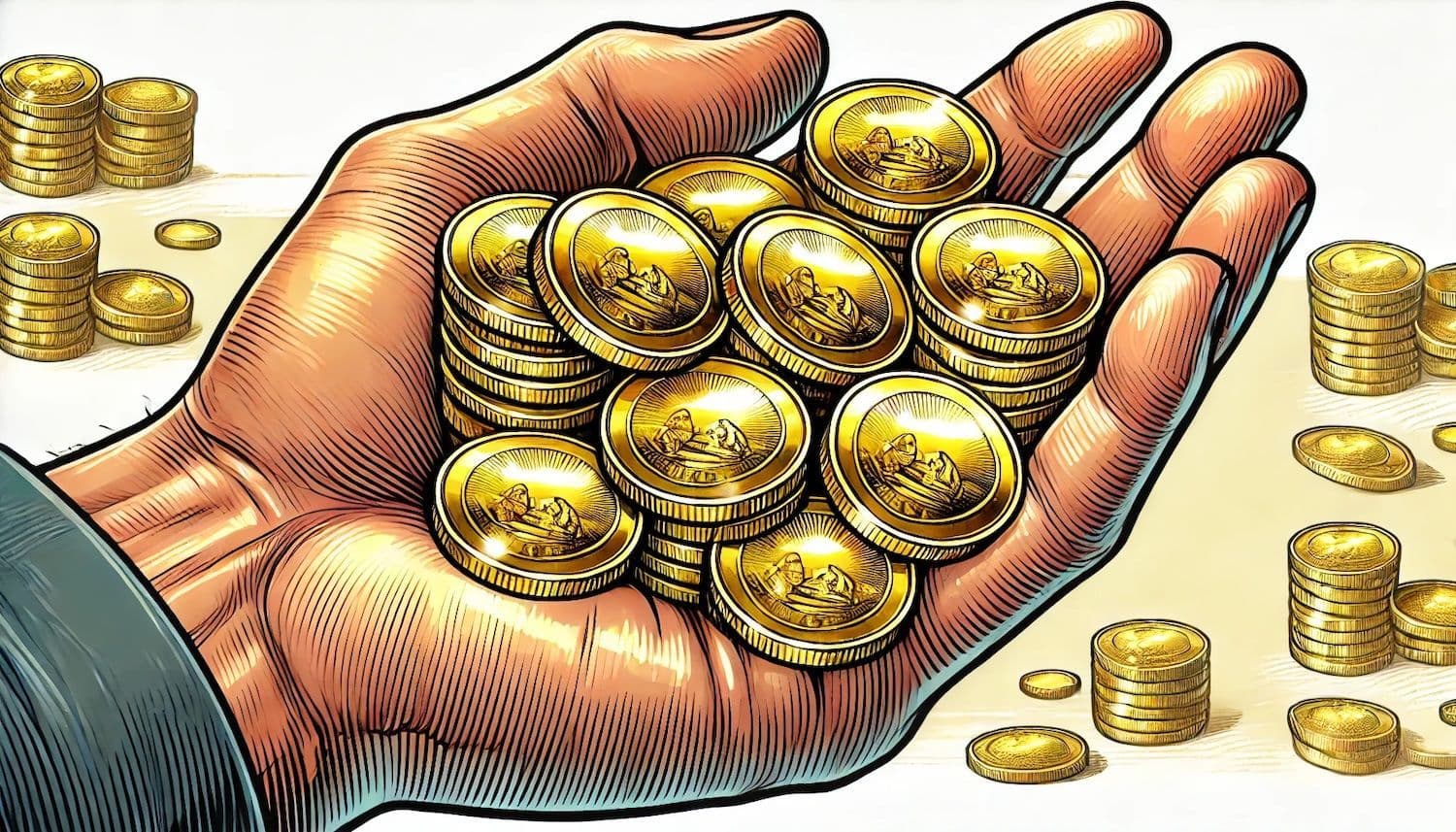Crypto custody firm BitGo is set to launch a new dollar-backed stablecoin in 2025. It's called USDS and its aim is to shake up the market with a novel backing system, which is called 'open participation'. Unlike most of the stablecoins out there, that are backed by one institution's fund, USDS will reward institutions providing liquidity.
The company announced its plans at Token2049 in Singapore.
BitGo's CEO Mike Belshe spoke to CoinDesk before his keynote. "Existing stablecoins serve a good function," he said. "But we see an opportunity to create a more open and fair system."
USDS will be backed by short-term Treasury bills, overnight repos, and cash. This is standard practice in the industry. What's not standard is BitGo's "open participation" model.
The stablecoin will reward institutions that provide liquidity to the network. It's a move that could turn heads in the crypto world. "A stablecoin's true value comes from the people using it," Belshe explained.
Stablecoins are cryptocurrencies pegged to other assets, usually the U.S. dollar. They're a big deal in crypto trading and DeFi. Tether's USDT is the current market leader, with a whopping $119 billion market cap. It has recently surpassed Visa in terms of transaction volumes. Which is a big deal, to say the least.
So, how does USDS plan to stand out? It's all about the rewards. BitGo will distribute a portion of its reserve returns to participating institutions. It's a monthly payout based on asset custody.
But wait, doesn't that sound like a dividend? Belshe says no. The key difference is who gets the money. It's not going to end users, but to the institutions providing liquidity.
Other stablecoins have tried similar models. But they've had to exclude the U.S. market to avoid being classified as securities. BitGo thinks it's found a workaround.
"You end up with either the folks that opt into only the U.S. market, and then the folks that opt into only the non-U.S. market," Belshe said. He's not wrong – it's been a real headache for the industry.
He says the difference lies in that ISDS is not distributing the proceeds to the end user, but rather to the institutions providing the liquidity. Thus it can't be seen as an investment contract. And this may pave the way to work in the U.S. absolutely legally.
BitGo has big plans for USDS. They're aiming to list it on all major exchanges. Their target? A cool $10 billion in assets by this time next year. It's ambitious, but in the wild world of crypto, anything's possible.



